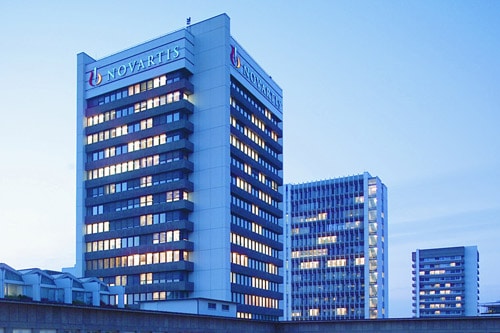
New phase III data for Novartis’ CDK4/6 inhibitor Kisqali has shown that the drug is effective in tackling breast cancer in younger women.
The MONALEESA-7 trial in pre-menopausal women with hormone-receptor positive, HER2-negative advanced breast cancer is the first dedicated study to show a benefit for a CDK4/6 blocker in these patients – giving Novartis a boost as it plays catch-up in the market with Pfizer’s first-to-market Ibrance (palbociclib).
In the study, women taking Kisqali (ribociclib) on top of hormonal therapy as a first-line intervention had a longer progression-free survival (PFS) than those on hormonal therapy alone, said Novartis, which is planning to unveil the data at the San Antonio Breast Cancer Symposium (SABCS) in December.
“There remains a significant unmet treatment need in younger women diagnosed with premenopausal advanced breast cancer, as the disease tends to be more aggressive with a poorer prognosis,” commented Samit Hirawat, head of global drug development at Novartis’ oncology unit.
Kisqali was approved earlier this year as a first-line therapy for post-menopausal women with HR-positive, HER2-negative advanced breast cancer based on the results of the MONALEESA-2 study and has been predicted to become a blockbuster for Novartis with sales of $1.2bn, but has a long way to go.
Novartis’ drug made sales of $26m in the third quarter – with a full US launch only taking place in August – while Ibrance brought in $878m for Pfizer, a rise of 60%. Ibrance has been on the market since 2015.
EvaluatePharma thinks Ibrance will become a mega-blockbuster with sales of $6bn-plus in 2022, with Kisqali and other rivals jostling for a distant second place although patients will benefit from greater choice – particularly with regard to toxicity profiles – and potentially lower prices.
Novartis is currently a little ahead of Eli Lilly, whose CDK4/6 inhibitor Verzenio (abemaciclib) was approved in the US, its first market, in September.
Lilly has one leg-up over its rivals, gaining approval as a third-line therapy for women with HR-positive, HER2-negative advanced breast cancer who have received prior hormonal therapy and chemotherapy, which was highlighted by the FDA as a reason for its earlier-than-expected approval.




